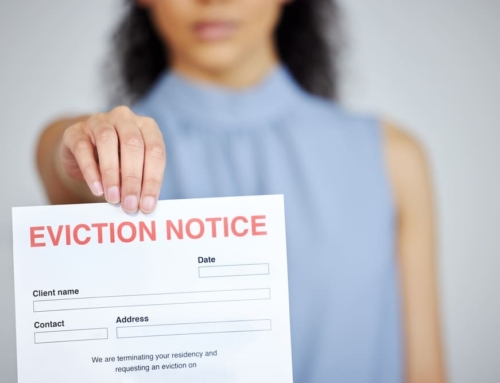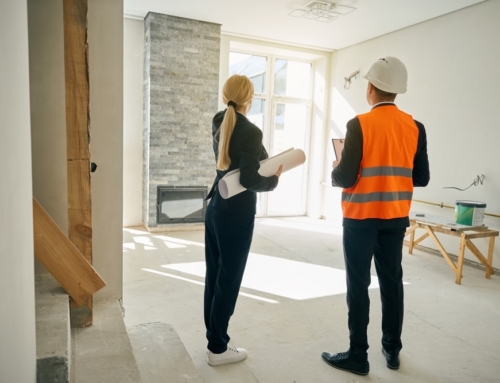Real estate fraud or a foreclosed property scam may be the reason why these homeowners cannot buy property they had a verbal agreement to buy.
Q: We live in a very rural part of Florida. The property next to ours had a mortgage that was owned by Bank of America. The property, which was completely trashed, finally went into foreclosure. The house is worthless, so it’s just land value.
We waited for the property to be listed. When the property was finally listed, the price was $12,000.
We called the agent for the property on December 29, 2011, and were told that the property had “sold.” Later that week, I was contacted by someone from Bank of America, maybe a mortgage broker, who asked if we wanted to finance the property. I told them that we would rather pay cash for the property. The next day I was contacted by the real estate broker and was told the property was off the market.
In late March or early April, we were contacted by the real estate agent and she told us that the house and property had gone back on the market and this time they were listed for $19,900. We offered $18,500 and put down $6,000 earnest money. We were told that we had a verbal agreement to purchase the property.
Again, the Bank of America mortgage lender called and asked if we needed a loan. Again, I told them we would pay cash. Then, we didn’t hear anything. The property has been again relisted, this time for $49,900.
I’m not sure why Bank of America is doing this. The real estate agent can verify our offers. We just want to buy the property so we can build some barns. Can you shed some light on what is happening?
A: We have some news for you, but you’re not going to like it.
You provided us with the address of the property and we ran it by our contact at Bank of America. The property in question was sold by Bank of America on December 14 to a company that purchased foreclosed properties. At that point, the bank no longer had any interest in the property, which is still the case. That was two weeks before you called the real estate agent to make an offer.
The real estate agent had to know that Bank of America didn’t own the property, so we’re unsure why the agent seemed to represent to you that the bank was the owner. The other question we have is who is this Bank of America mortgage lender who keeps asking if you need a loan? How does this lender know that you’re purchasing property? It may be possible that the new owner of the property was given your name and that company also owns a business in the residential mortgage brokerage world and wanted your business.
Somehow, it may also be possible that your agent and the mortgage lender are talking about your financial business and may not have your best interests in mind. It could be that the real estate agent may be trying to ingratiate herself with a Bank of America mortgage broker to try to get other business, but it’s hard to know for sure.
The only thing we can guess is that the owner of the property senses that you’ll pay more and is trying to maximize his investment. Maybe the agent is working on behalf of this company, or is sharing your personal information with them as well, which could also be a breach of ethics. What kind of an agreement, if any, did you sign with the real estate agent? And, have you spoken to the managing broker of the firm she works at to talk about what is happening and how you might change the dynamic.
Our best advice is that you give up trying to buy the property or hire a real attorney who can approach the seller directly, without getting the agent involved. Even then, you might not get the seller to agree due to pure and simple greed – if the seller suspects you’ll pay a dollar more, the price will just continue to climb.
Finally, you need to be aware of whom you are hiring and how they deal with you and whether they will have your best interests in mind from the start of a transaction through the end.







Leave A Comment